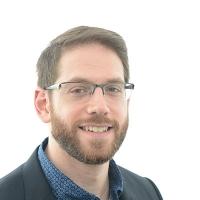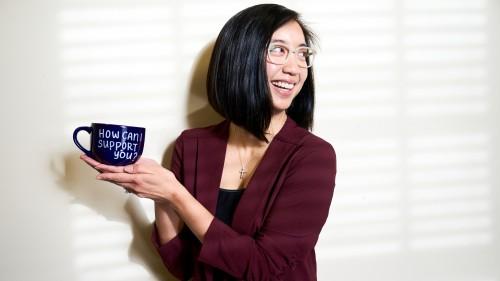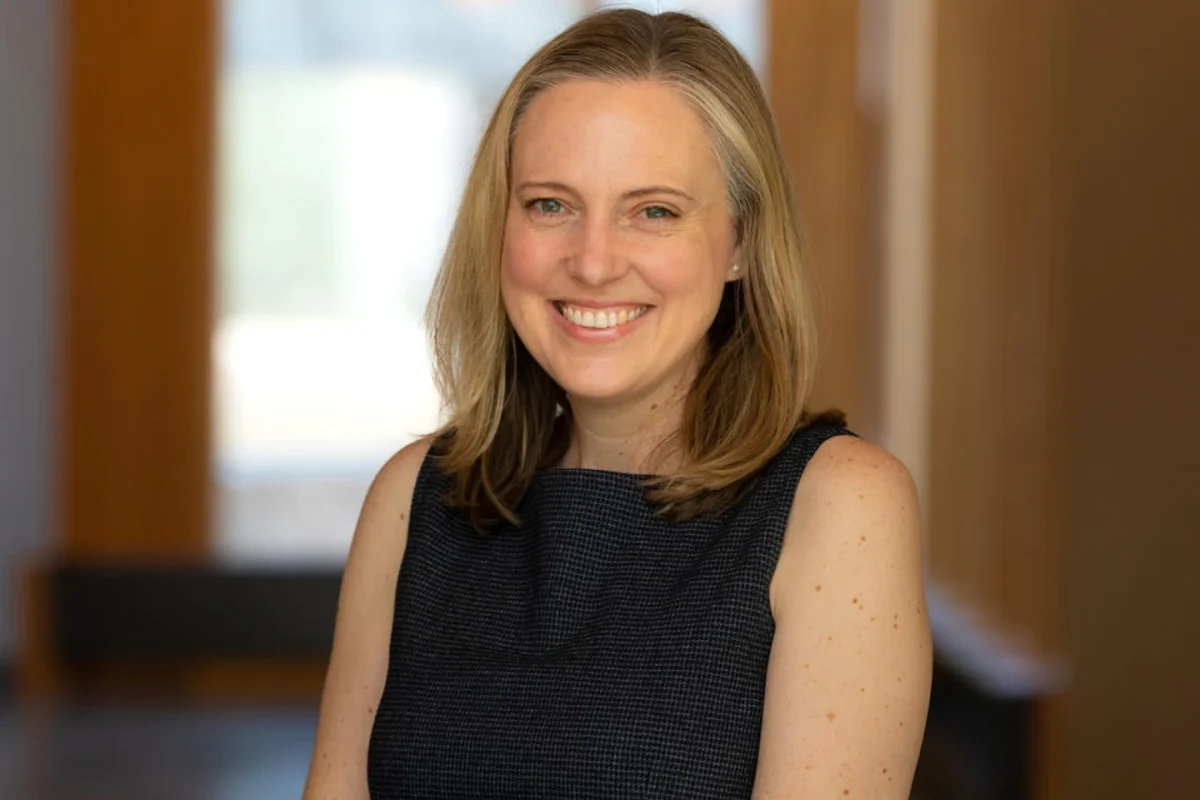Professor Erich Hatala Matthes’ first encounter with philosophy came in middle school, when he attended a course in the subject during a summer camp. In high school, he had the opportunity to further his studies through a course in comparative ancient philosophy, which he described as “fantastic and totally atypical” for a secondary school. Under the guidance of a teacher who had done graduate-level work in philosophy, Matthes read Plato and Aristotle alongside the writings of Zhuangzi and Lao Tzu and parts of the Upanishads. The course, which investigated the cross-cultural connections among the ancient philosophies, left such an impression on Matthes that when college application season rolled around, he listed himself as a prospective philosophy major.
He enrolled as an undergraduate at Yale, where he spent his first year in a ‘Great Books’ program in which he read a selection of the major works of the Western canon in philosophy, literature, history and politics. Matthes’ focus on philosophy was somewhat derailed during the middle years of his college career, as he turned towards literature. In the fall of his senior year, however, Matthes returned to philosophy, a move impelled by his aspiration to have a career in education.
“I was really interested in being a teacher, first and foremost. I wasn’t necessarily into the idea of being a philosopher, which I think is somewhat atypical,” he said. “When I was reflecting on my own college experience, the classes that I enjoyed the most were always the philosophy classes.”
Matthes ultimately earned a degree in both English and philosophy and then entered the University of California, Berkeley for his graduate studies. He began teaching at Wellesley in 2013. At Wellesley, his main research interests deal with the ethics, politics and aesthetics of cultural heritage. In particular, he is interested in how cultural heritage is manifested in the environment, a theme which informs much of his teaching in courses on the philosophy of art and the environment.
As he settled into his position at the college, he found that he began to address more practical questions, to some extent shedding the abstract lens he had been accustomed to in graduate school. He attributes this shift, at least in part, to the interests of his students and what he considers a “productive feedback loop.”
For instance, in his first year at Wellesley, Matthes assigned a reading on cultural appropriation to the students in his philosophy of art course. Their enthusiastic response and varied takes on the issue prompted him to research further on the topic, and he ultimately incorporated this work into his other classes.
“[S]ometimes students’ interests drive me in slightly different directions from what I was originally thinking about, and then I can bring that back into new classes,” he explained. “So it’s this really productive cycle.”
Matthes is currently working on a book aimed at a more general audience dealing with the problem of the immoral artist, asking the question of what we should do when we encounter revelations which cast beloved artists in an unfavorable light. According to Matthes, his students are in large part responsible for leading him down this path of inquiry.
“[In the Philosophy of Art course,] I always do a unit on ethical criticism of art, the question of whether moral flaws in an artwork constitute artistic flaws. … But my students have always been interested in this other question: ‘What about the moral character of the artist as opposed to just the moral content of the artwork, and what relationship does that have to the quality of the artwork?’”
What became apparent was a discrepancy between the questions that were most absorbing the students and the current academic discussions on the topic.
“So, over years of now having students ask those questions which are not what the readings are on — because that’s not actually what philosophers have been working on — that suggests to me that there’s real room here to engage productively with these questions and maybe provide a philosophical framework for thinking about these things that doesn’t really exist yet,” said Matthes.
Matthes is also passionate about public philosophy, citing his first experience teaching a Calderwood Seminar as the catalyst for his own serious engagement with the field. Over the course of the seminar, Matthes invited philosophers engaged with public audiences to speak to the class, notably Kate Manne, author of “Down Girl: The Logic of Misogyny,” and Myisha Cherry, host and producer of the UnMute podcast.
According to Matthes, the benefits of public philosophy are by no means one-sided.
“Sometimes, doing academic work can feel really isolating — you’re in your office working on something and then you publish some article and you’re like, ‘Is anybody going to read this?’ So writing purposefully for a public audience is a way, I think, of getting out of that isolating space,” he explained.
In his public writing, Matthes strives to bring philosophical thought to wider audiences. More broadly, Matthes strives to expand notions of what deserves philosophical treatment, informed by a diverse range of influences.
“I think some people are sometimes dismissive of popular culture as a source of engaging academic questions, but that’s totally wrong. All of the interesting questions that you can ask about Wagner or artsy film you can ask about Bring It On.”








